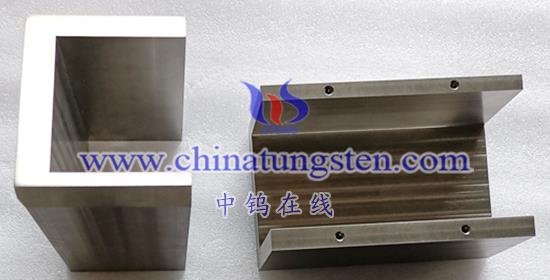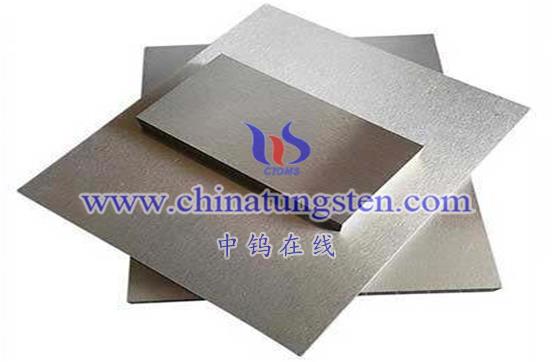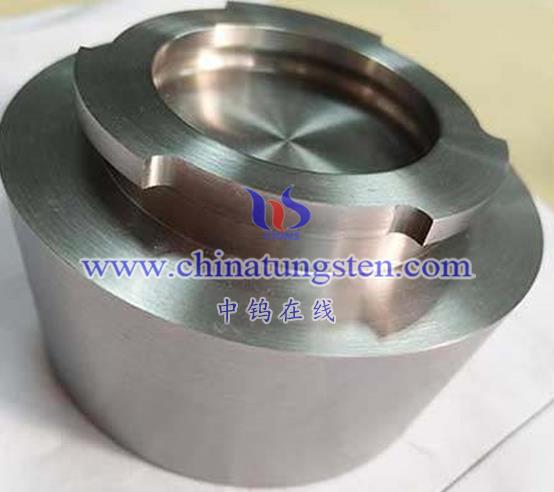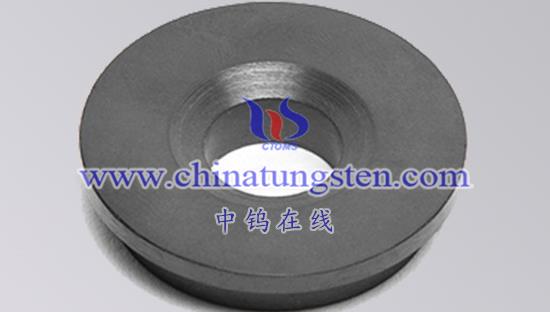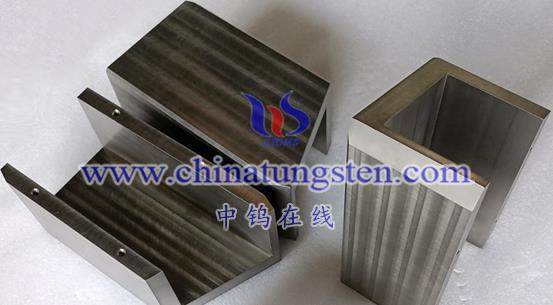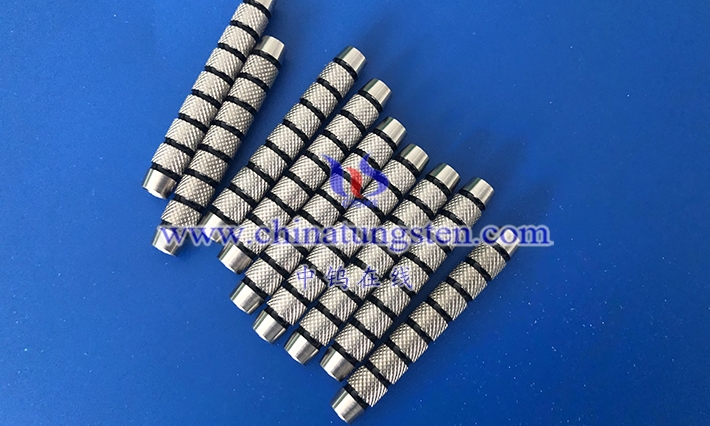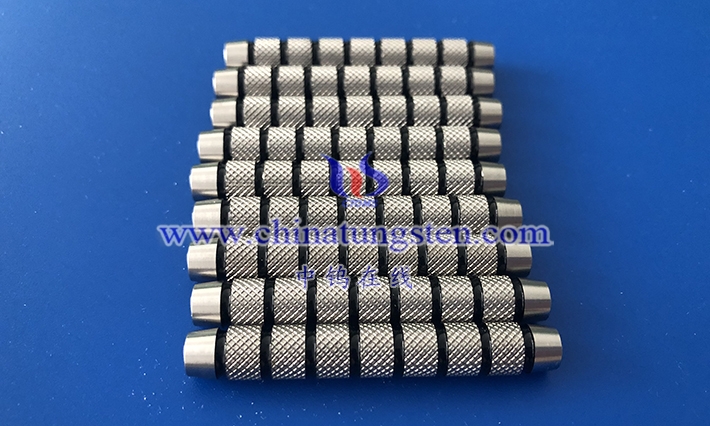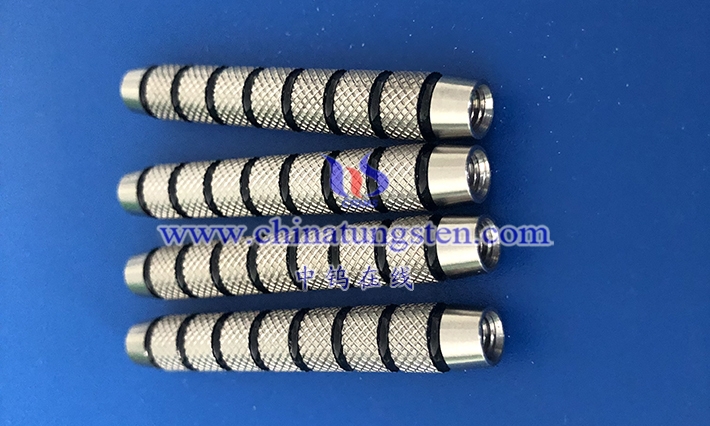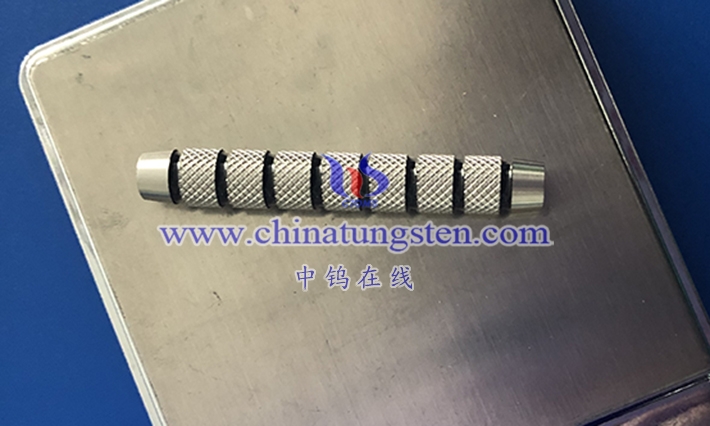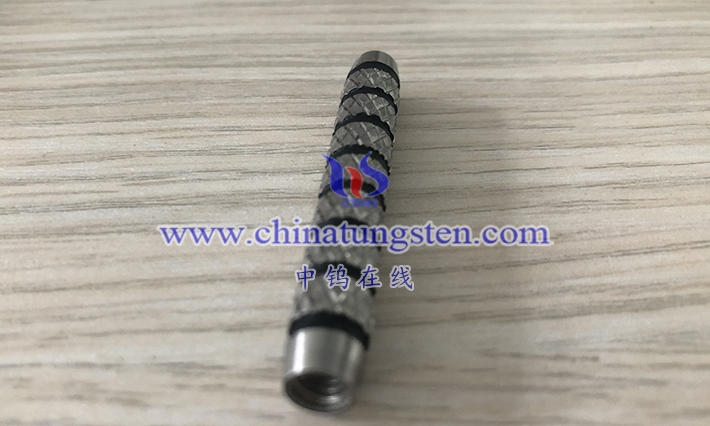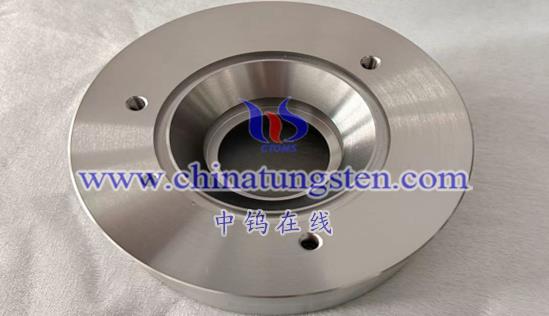
Tungsten-molybdenum-nickel-iron alloy has a wide range of applications in multiple industrial fields due to its unique physical and chemical properties, such as high melting point, high hardness, good wear resistance and corrosion resistance. However, in some specific cases, there may be some alternative materials that may be similar to or have unique advantages over tungsten-molybdenum-nickel-iron alloy in some properties. The following are some possible alternative materials:
High-speed steel
High-speed steel is a tool steel containing high amounts of alloying elements such as tungsten, molybdenum, chromium, and cobalt, and has high hardness and wear resistance. In the fields of cutting tools, molds, etc., high-speed steel can be used as an alternative material to tungsten-molybdenum-nickel-iron alloy.
Cemented carbide
Cemented carbide is an alloy material made of micron-sized powder of high-hardness refractory metal carbides (WC, TiC, etc.) as the main component, cobalt (Co) or nickel (Ni), molybdenum (Mo) as binders, and made by powder metallurgy process.
Cemented carbide has a series of excellent properties such as high hardness, wear resistance, good strength and toughness, heat resistance and corrosion resistance. In particular, its high hardness and wear resistance remain basically unchanged even at a temperature of 500°C, and it still has high hardness at 1000°C. In applications that require high wear resistance and high hardness, cemented carbide can be used as an alternative to tungsten-molybdenum-nickel-iron alloys.
Ceramic materials
Certain ceramic materials, such as alumina ceramics and silicon nitride ceramics, have excellent wear resistance and corrosion resistance. Ceramic materials can be used as alternatives to tungsten-molybdenum-nickel-iron alloys in specific high temperature or corrosive environments.
Titanium alloys
Titanium alloys have high strength, low density and good corrosion resistance. In some aerospace and medical applications, they can be used as alternatives to tungsten-molybdenum-nickel-iron alloys.
Stainless steel
Certain types of stainless steel, such as 316L stainless steel, have good corrosion resistance and processing performance, and can replace tungsten-molybdenum-nickel-iron alloys in some occasions where corrosion resistance is required.
When selecting alternative materials, it is necessary to comprehensively consider the performance, cost, processing difficulty and specific application scenarios of the materials. Different materials may have different properties, so the selection of alternative materials should be based on specific circumstances. At the same time, tungsten-molybdenum-nickel-iron alloys still have irreplaceable advantages in certain specific applications, so various factors need to be considered comprehensively in practical applications.
More details of tungsten alloy product, please visit website: http://tungsten-alloy.com/
Please contact CHINATUNGSTEN for inquiry and order of tungsten alloy:
Email: sales@chinatungsten.com
Tel.: 86 592 5129595
